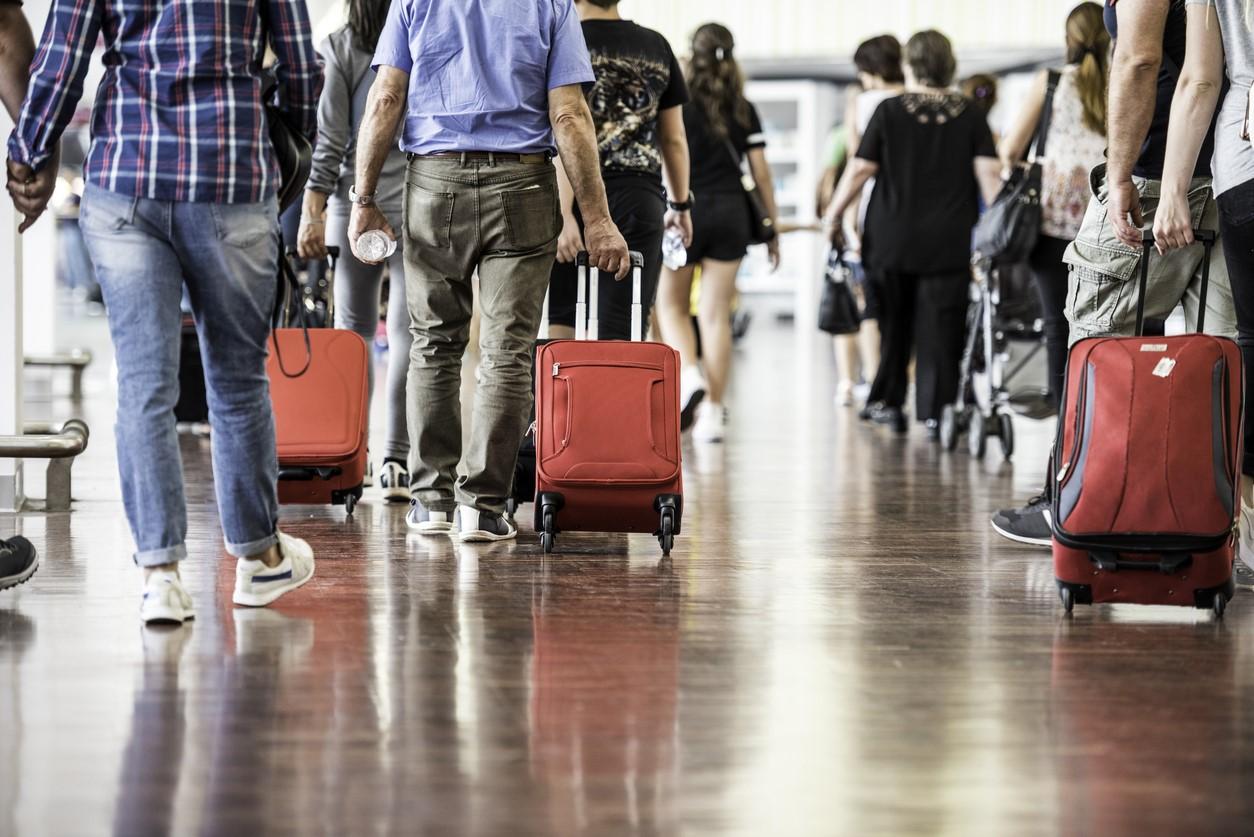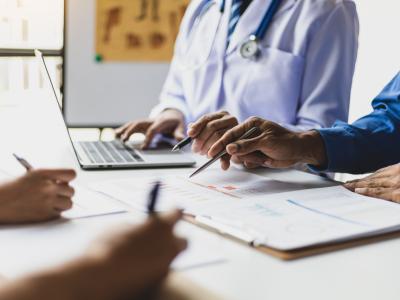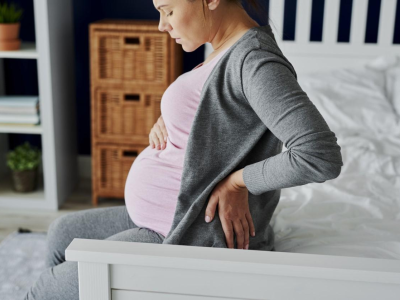In spite of the unabated surge in COVID-19 infections across the United States and pleas from public health officials to avoid travel, millions of Americans are on the move days ahead of Thanksgiving.
Data from the Transportation Security Administration show that more than 3 million Americans passed through airport security checkpoints on Friday, Saturday, and yesterday. The daily travel numbers are among the highest recorded at US airports since the pandemic began in March. Posts on social media showed crowded airports across the country.
In a press conference last week, officials from the Centers for Disease Control and Prevention (CDC) urged Americans not to travel for Thanksgiving gatherings, warning that travel may increase people's chances of getting and spreading COVID-19. That warning was echoed yesterday by National Institute of Allergy and Infectious Diseases Director Anthony Fauci, MD.
"Sometimes when you get a crowded plane, or you're in a crowded airport, you're lining up, [and] not everybody's wearing masks, that puts you at risk," Fauci told CBS's Face the Nation.
But a new poll of a national sample of US parents from C.S. Mott Children's Hospital indicates how difficult it may be to dissuade Americans from traveling and gathering for Thanksgiving. In the poll, one in three respondents said they feel the benefits of gathering with family for Thanksgiving are worth the risk of getting or spreading COVID-19.
The US reported 142,732 new COVID-19 cases yesterday and 921 deaths, according to the Johns Hopkins COVID-19 online dashboard. Since the beginning of the pandemic, there have been 12,369,978 confirmed infections and 257,415 deaths.
Hospitals, healthcare workers hit hard
The big concern among public health officials and epidemiologists is what Thanksgiving gatherings will mean for the nation's hospitals, which are already buckling under the strain of unprecedented numbers of COVID-19 patients. According to the COVID Tracking Project, there are 83,782 COVID-19 patients in US hospitals. But hospitalizations tend to lag new infections by about 2 weeks.
While finding enough beds for COVID-19 patients and adequate protective equipment for healthcare workers has been an issue in some hospitals around the country, Penny Wheeler, chief executive of Minneapolis-based Allina Health, told CNBC that the bigger problem is the number of healthcare workers getting infected or having to quarantine.
"You cannot manufacture a talented and compassionate caregiver, and that's where we're having trouble now, especially with so many of them being affected, or their families being affected, by community spread," Wheeler said. "These are incredibly skilled people, and you can't replace them."
In Kansas City, meanwhile, health officials are warning that capacity at the city's 33 hospitals is being put at risk by an influx of patients from rural counties in Kansas and Missouri, NPR reports. Three out of four counties in the two states don't have a single intensive care unit bed, so patients needing intensive care are sent to city hospitals.
In a statement last week, the president of the Society of Critical Care Medicine urged Americans to think about the nation's frontline healthcare workers as they consider their holiday plans, and to follow public health measures that can reduce virus transmission.
"It is imperative that we understand the dire consequences of not embracing public health measures," Lewis Kaplan, MD, said. "These consequences include overwhelming health care facilities and exhausting clinicians, placing both patients and those who care for them at great risk."
More hopeful vaccine news
Meanwhile, more good news is arriving on the vaccine front. This morning, AstraZeneca and Oxford University announced that their COVID-19 vaccine candidate was highly effective in a phase 3 trial involving 23,000 participants in the United Kingdom and Brazil (see today's CIDRAP News story). It's the third COVID-19 vaccine candidate to show better-than-expected efficacy rates.
Yesterday, in an interview with ABC News This Week, Operation Warp Speed chief technical adviser Moncef Slaoui, PhD, said the government is prepared to start shipping vaccines to states within 24 hours of approval by the Food and Drug Administration (FDA), which he believes will occur in mid-December.
"We will have the vaccines there the next day after approval, and, hopefully, people will start to be immunized, I would say, within 48 hours from the approval," Slaoui said.
In a paper published online today in the CDC's Morbidity and Mortality Weekly Report, members of the CDC's Advisory Committee on Immunization Practices (ACIP) said that because initial vaccine supplies will only be enough to immunize approximately 20 million people, it will be using ethical principles, along with scientific data and implementation feasibility, to formulate which groups should get vaccinated first.
The ACIP members said the four ethical principles that will guide its decision-making are (1) maximizing benefits and minimizing harms, ( 2) promoting justice, (3) mitigating health inequalities, and (4) promoting transparency.
"These principles can also aid state, tribal, local, and territorial public health authorities as they develop vaccine implementation strategies within their own communities based on ACIP recommendations," the authors of the paper wrote.
The ACIP members said there is clear consensus that healthcare workers should be the first group to receive the vaccine, and that other essential workers, adults with high-risk medical conditions, and adults age 65 and older should also receive consideration for initial allocation.
FDA authorizes another antibody treatment
In other US developments:
- The FDA on Saturday issued an emergency use authorization for Regeneron's monoclonal antibodies (casirivimab and imdevimab) to be used together for treatment of mild-to-moderate COVID-19. The authorization was based on clinical trial data that showed the cocktail—which was used to treat President Donald Trump in October—reduced COVID-19–related hospitalization or emergency room visits in patients at high risk for disease progression. Distribution of 30,000 doses of the treatment will begin tomorrow.
- North Dakota health officials are rolling out free rapid COVID-19 tests for teachers, staff, and school administrators, the Associated Press reports. North Dakota ranks first in the nation in new COVID-19 cases per capita, with 2,418 per 100,000 people over the past 2 weeks.
- A field hospital for COVID-19 patients is re-opening on New York City's Staten Island to deal with a surge of coronavirus infections in the borough, according to NBC News. The temporary facility at Staten Island University Hospital was initially opened during the early days of the pandemic and closed at the end of June.




















